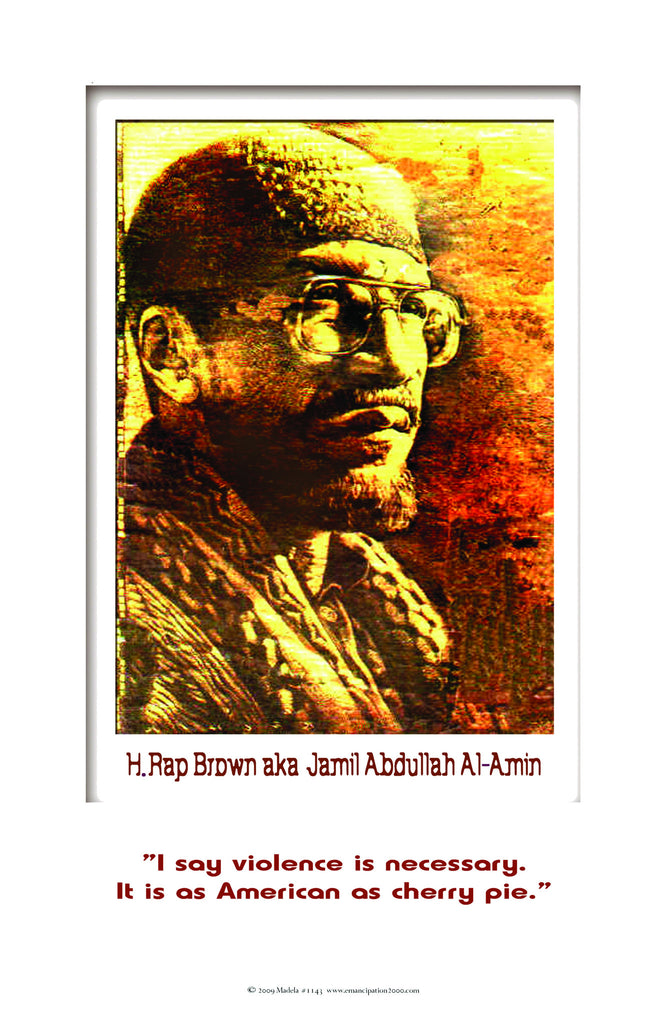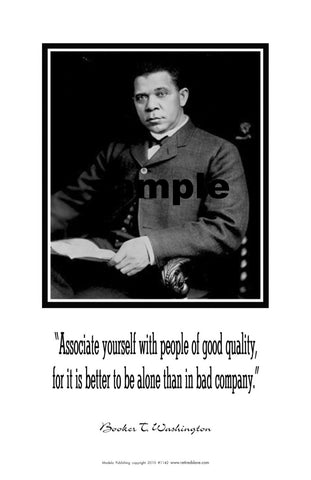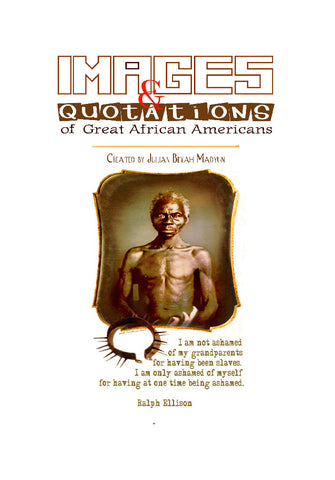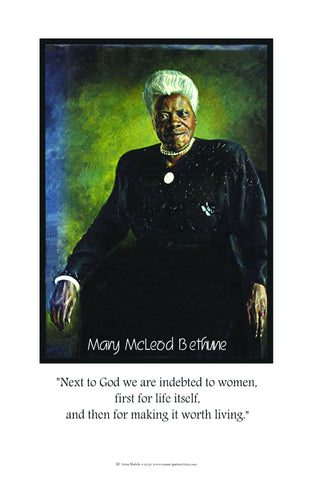H. Rap Brown #1143
$ 8.00
Caption from poster__
H. Rap Brown
aka.Jamil Abdullah al-Amin
“ I say violence is necessary.
It is as American as cherry pie.”
H. Rap Brown (born October 4, 1943) came to prominence in the 1960s as a civil rights worker, black activist, and the Justice Minister of the Black Panther Party. He is perhaps most famous for his proclamation during that period that "violence is as American as cherry pie", as well as once stating that "If America don't come around, we're gonna' burn it down". Brown was born in Baton Rouge, Louisiana as Hubert Gerold Brown, and now goes by the name Jamil Abdullah al-Amin. His activism in the civil rights movement included involvement with the Student Nonviolent Coordinating Committee (SNCC), of which he was named chairman in 1967. That same year, he was arrested in Cambridge, Maryland, and charged with "inciting to riot" as a result of a fiery speech he gave there. He left the SNCC and joined the Black Panthers in 1968. He appeared on the FBI's Ten Most Wanted List after avoiding trial on charges of inciting riot and of carrying a gun across state lines. He was arrested after a shoot-out in 1971 in New York. He spent five years (1971-1976) in the Attica Prison after a robbery conviction. While in prison, Brown converted to Islam and changed his name to Jamil Abdullah al-Amin. After his release, he opened a grocery store in Atlanta, Georgia and became a Muslim spiritual leader, preaching against drugs and gambling. He also became leader of the National Ummah, one of America's largest black Muslim groups. In 2002, he was found guilty of killing Ricky Leon Kinchen, a Fulton County, Georgia sheriff's deputy, and wounding another officer in a gunbattle at his store. Both officers were black [1]. He was sentenced to life imprisonment without the possibility of parole, and is currently serving his sentence at Georgia State Prison in Reidsville, Georgia. However, there is considerable controversy as to whether or not al-Amin was the shooter. Supporters of al-Amin have asserted that another man, Otis Jackson, who confessed to the shooting (but later recanted) is the real shooter. Supporters assert that the investigation and trial was plagued by irregularities, including the suppression of evidence. Some feel that al-Amin's conviction is politically motivated.




